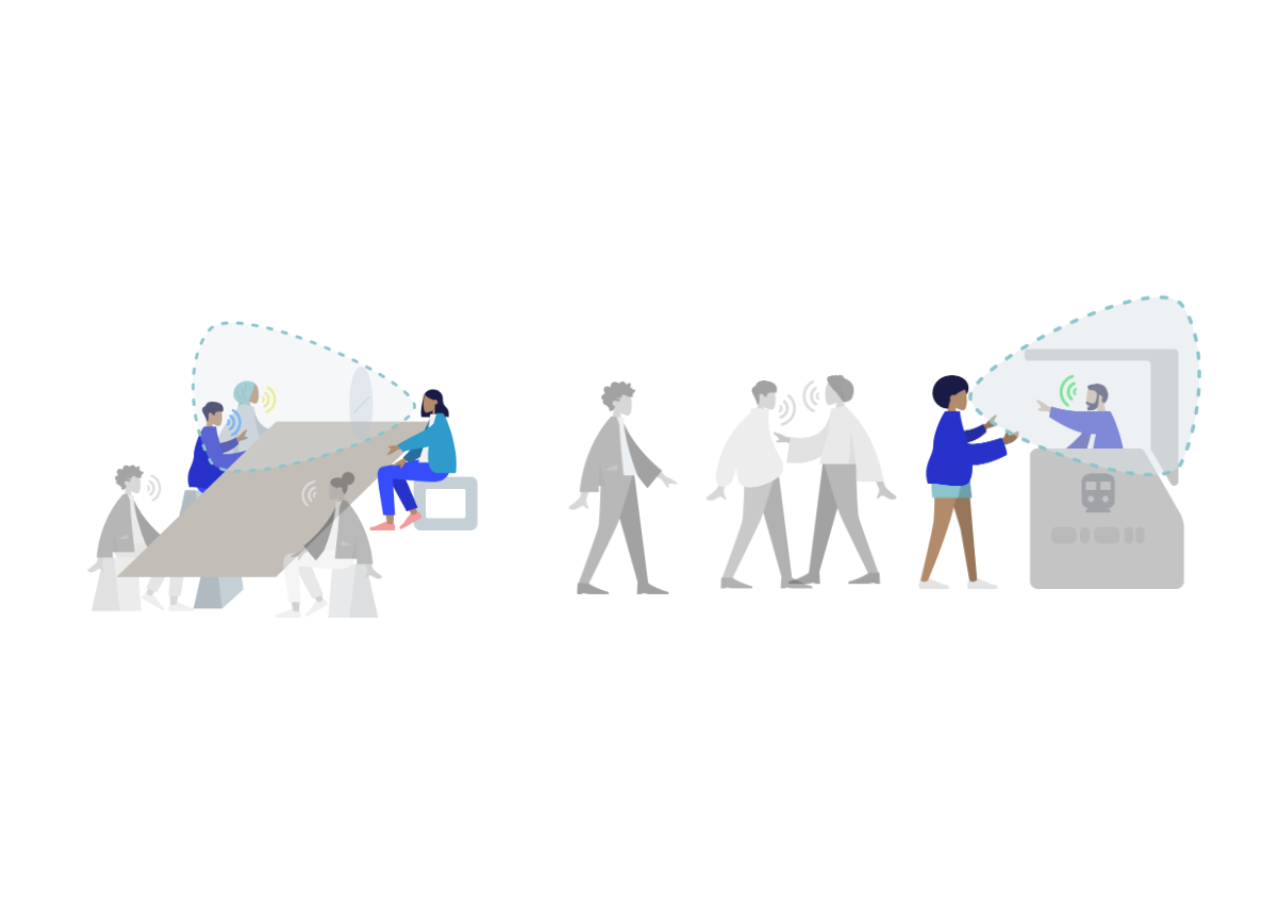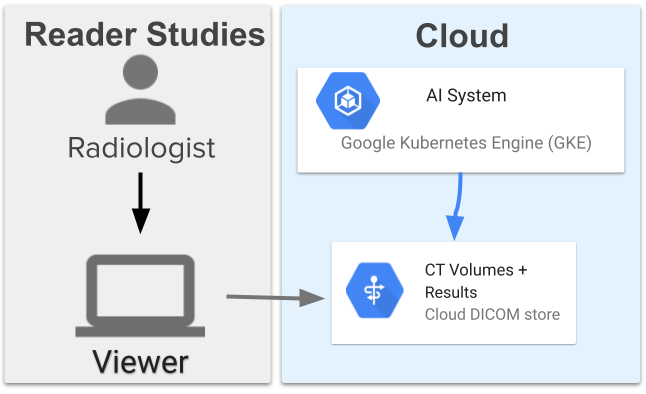
Users love simple and familiar designs – Why websites need to make a great first impression
August 29, 2012
Posted by Javier Bargas-Avila, Senior User Experience Researcher at YouTube UX Research
I’m sure you’ve experienced this at some point: You click on a link to a website, and after a quick glance you already know you’re not interested, so you click ‘back’ and head elsewhere. How did you make that snap judgment? Did you really read and process enough information to know that this website wasn’t what you were looking for? Or was it something more immediate?
We form first impressions of the people and things we encounter in our daily lives in an extraordinarily short timeframe. We know the first impression a website’s design creates is crucial in capturing users’ interest. In less than 50 milliseconds, users build an initial “gut feeling” that helps them decide whether they’ll stay or leave. This first impression depends on many factors: structure, colors, spacing, symmetry, amount of text, fonts, and more.
In our study we investigated how users' first impressions of websites are influenced by two design factors:
- Visual complexity -- how complex the visual design of a website looks
- Prototypicality -- how representative a design looks for a certain category of websites
We presented screenshots of existing websites that varied in both of these factors -- visual complexity and prototypicality -- and asked users to rate their beauty.
The results show that both visual complexity and prototypicality play crucial roles in the process of forming an aesthetic judgment. It happens within incredibly short timeframes between 17 and 50 milliseconds. By comparison, the average blink of an eye takes 100 to 400 milliseconds.
And these two factors are interrelated: if the visual complexity of a website is high, users perceive it as less beautiful, even if the design is familiar. And if the design is unfamiliar -- i.e., the site has low prototypicality -- users judge it as uglier, even if it’s simple.
In other words, users strongly prefer website designs that look both simple (low complexity) and familiar (high prototypicality). That means if you’re designing a website, you’ll want to consider both factors. Designs that contradict what users typically expect of a website may hurt users’ first impression and damage their expectations. Recent research shows that negative product expectations lead to lower satisfaction in product interaction -- a downward spiral you’ll want to avoid. Go for simple and familiar if you want to appeal to your users’ sense of beauty.



